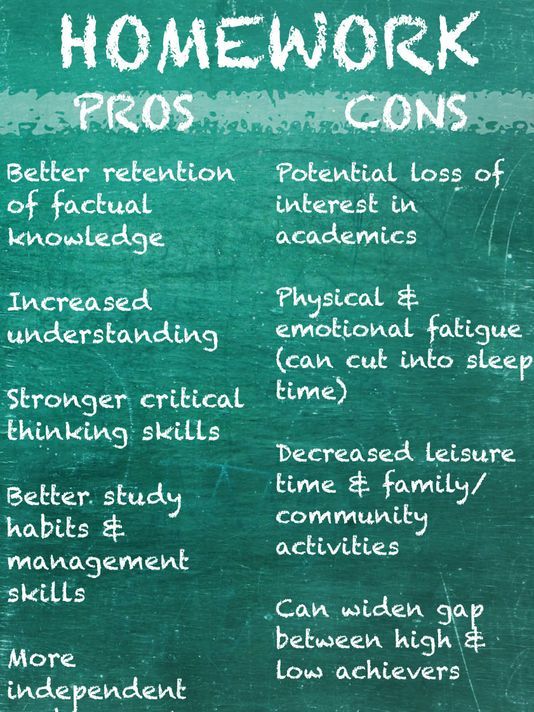Every student aspires to succeed in the classroom, whether it encompasses answering questions correctly, making contributions, or passing their test and end-of-term exams. However, one key area contributing to a student’s struggles in class entails inadequate note-taking strategies that lead to failure.
So how can a student remedy this? Taking better notes often requires learners to start learning the strategies from a tender age. It can include getting assistance from their instructors, parents, or peers. Alternatively, students can pay for homework help to get insights on how to get better in their note-taking besides answering questions and structuring them.
Now that this article will focus on the effective strategies of taking notes, it becomes essential to delve right into it.
Effective Strategies of Better Note-Taking for Students
To enhance your skills when it comes to studying, try and adopt the correct note-taking approaches. However, these approaches often depend on how information gets processed. Therefore the learning style plays a fundamental role in the absorption of information and applying them when writing your exams.
- Question. It represents a powerful way of learning something new, and this critical questioning approach applies to your note-taking as well. If you perceive things better through asking questions, then it would become better to write questions and identify information while taking notes.
- Connect. It mainly works with associative thinkers, who create connections between concepts that any other person would deem unrelated. Therefore, if you happen to have such a thought process, it would suit you to take quick and brief notes before allowing your mind to associate freely.
- Think details. Unlike conceptual thinkers, these thinkers jot down sub-points and examples to flesh out the broader outlook later. Therefore, note down to the miniature details if you tend to think like this.
- Think conceptually. It focuses on broader ideas, concepts, and theories. For instance, you can take a few notes concerning your lecture’s literal details by focusing instead on the concepts that get sparked by these details. However, it implies getting the missing information from other sources such as textbooks.
- Think application. Plenty of students learn through information concerning real-world aspects. If you tend to reason like this, take your notes by asking yourself how the subject works and its application to real-life scenarios.
- Think emotionally. Becoming passionately involved in your material can represent a powerful mechanism of learning and remembering things. You can jot down your reactions to the happenings in the lecture, though try to focus on what excites or angers you the most.
- Think anecdotally. It entails taking notes using the same method that our minds use to hold information – storage through a network of relationships and associations. It can include several things, such as your professor’s attire and other irrelevant things.
Conclusion
The goal of note-taking entails taking ownership of your notes, understanding the reasons for taking them, and become able to decipher them, regardless of your note’s focal point. However, never try to conform to anyone else’s system of note-taking.
 Children should
Children should